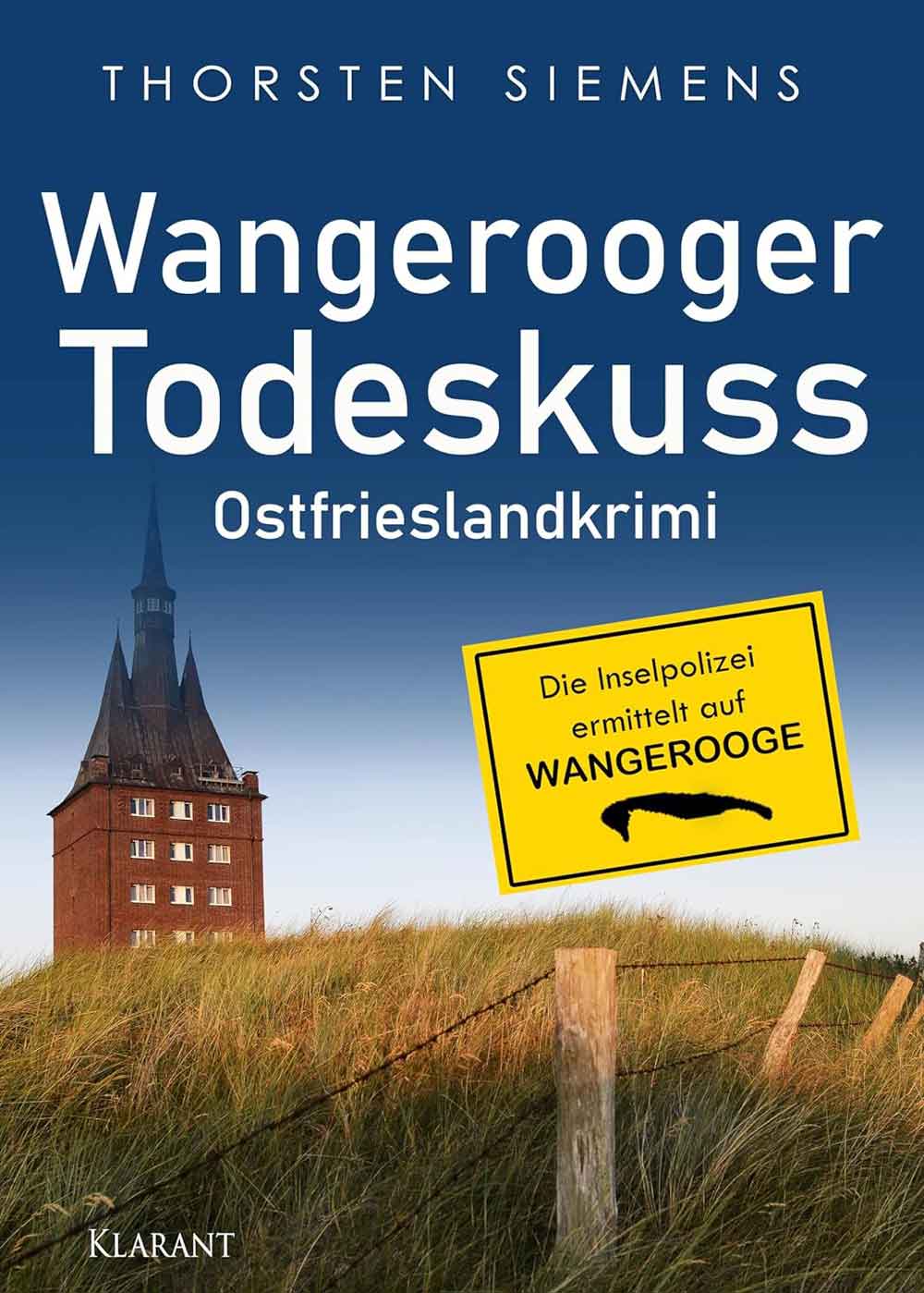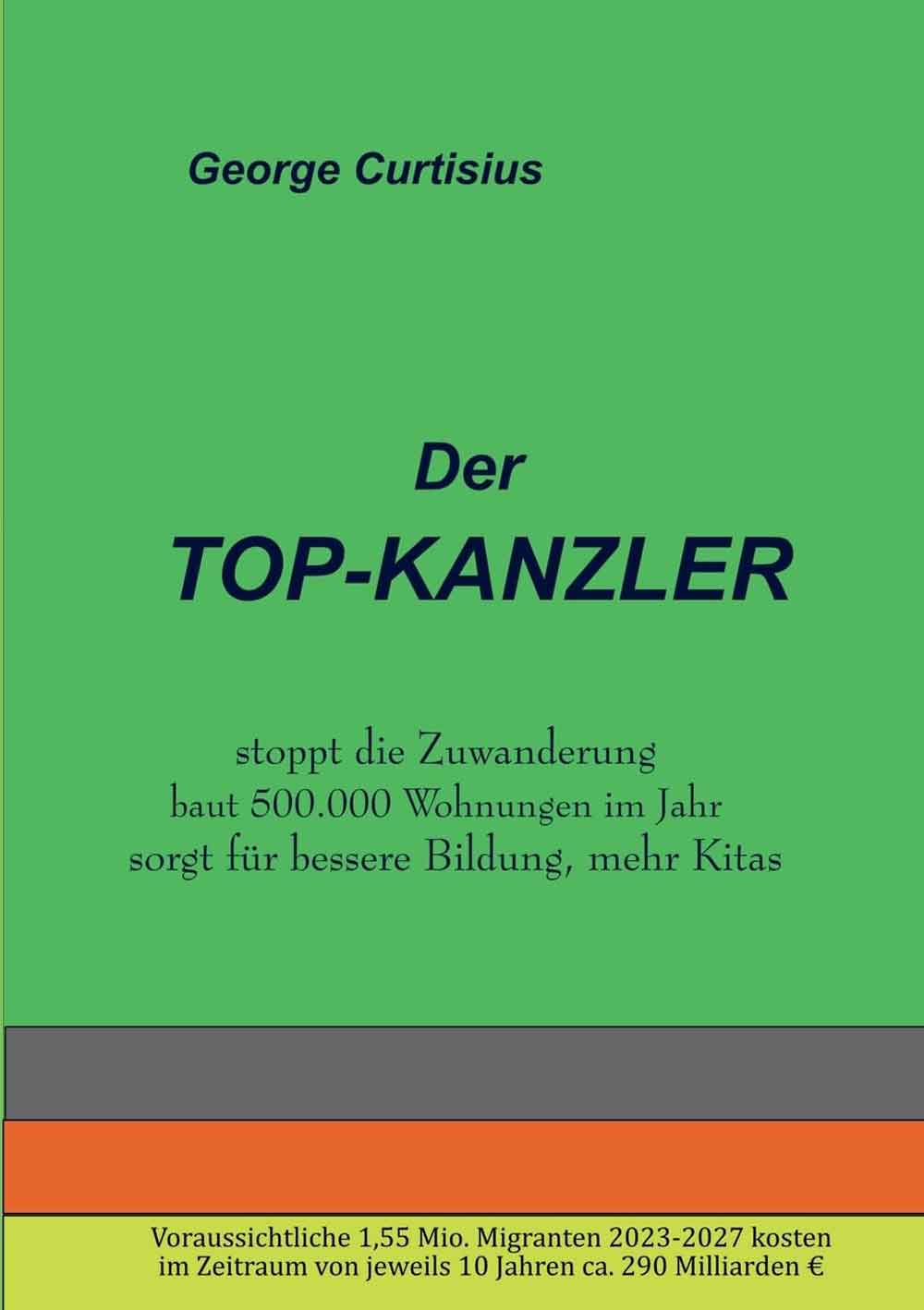“There’s no short-term fix, but we must plan ahead”, says CEO of UK’s No. 1 fastest-growing company, as euro inflation tops 9 percent
The latest data from Eurostat predicts an annual rate of inflation in the euro area in August of 9.1 per cent from 8.9 per cent in July. The annual rate for energy inflation is expected to be 38.3 per cent, but so-called core inflation (minus food, energy and tobacco) is expected to be 4.3 per cent. In July, inflation in the euro area was marginally higher than in the UK, whilst US inflation was 8.5 per cent.
“The superficial cause is easy to explain”, says Oliver Chapman, CEO of supply chain specialist OCI, the No. 1 fastest-growing company in the UK. “The cost of living crisis is caused by a supply chain crisis, which central banks may have exacerbated by boosting the economy with the loose monetary policy before supply had recovered from the Covid crisis.”
“There is no short-term fix. A problem this serious with the supply chain can not be fixed overnight. Politicians may choose to try and alleviate conditions for people who might otherwise be unable to afford heating or decent food, but that is a political or even moral decision. Such interventions may be desirable in the same way painkillers are for someone in pain, but the underlying problem will not be solved.”
“It is important not to lose sight of the underlying problem, and focus on long-term solutions or the cost of living crisis may become an ongoing problem—perhaps creating difficult winters for five to ten years ahead, as the Belgium Prime Minister, Alexander De Croo, warned.”
“The supply chain had become too fragile; too reliant on all the moving parts which make it up moving just the right way.”
“Germany erred because it phased out nuclear power and fossil fuels before it had developed a sufficiently robust renewables infrastructure. The problem was not and is not shortcomings in renewables; it was a problem of timing.”
“But France faces an energy crisis partly because its own nuclear power stations have suffered outages because dry weather caused rivers, the water from which is used to cool its power stations, to dry up.”
“The supply chain was insufficiently robust; it lacked resilience.”
“The oil price goes up and down—it has done so for over 100 years. The oil and gas cycle is not as regular as clockwork, but it is regular, and invariably events occur that accentuate its natural swings. The Covid crisis was a counter-cyclical effect—demand crashed just at the point the cycle was due an up-wave. Now that this one-off effect has been ironed out and a new one-off effect (namely the war in Ukraine) has come to bear, the cycle’s up-wave has become far more pronounced.”
“To avoid a repetition of a winter fuel crisis for years ahead, we need a medium-term fix. This involves creating a more robust energy supply chain. More off-shore and onshore wind and solar can be effective and represent the quickest way to scale energy supply, but such a renewable programme will only be effective if it is accompanied by massive investment in supporting infrastructure in the form of transmission lines (especially high-voltage direct current long-distance lines), heat pumps, energy efficiency, electric vehicle charging points, and energy storage. And such a system can only be robust if it has latency built in. Achieving energy security in the long term means generating more energy than we need whenever possible—the energy supply chain needs latency.”
Editor’s note
* According to the recent FT 1000 fastest-growing companies, OCI is the No. 1 fastest-growing company in the UK, and the 3rd fastest-growing company in Europe.
The FT 1000 is the result of a joint initiative by the Financial Times and Statista, which conducted months of research, public calls for participation, intensive database research, and directly contacted tens of thousands of companies. In the end, it identified outstanding companies among millions of European enterprises.
Source
FT 1000, the sixth annual list of Europe’s fastest-growing companies via @FT, more …







































 Gütsel RSS Feed
Gütsel RSS Feed


















































